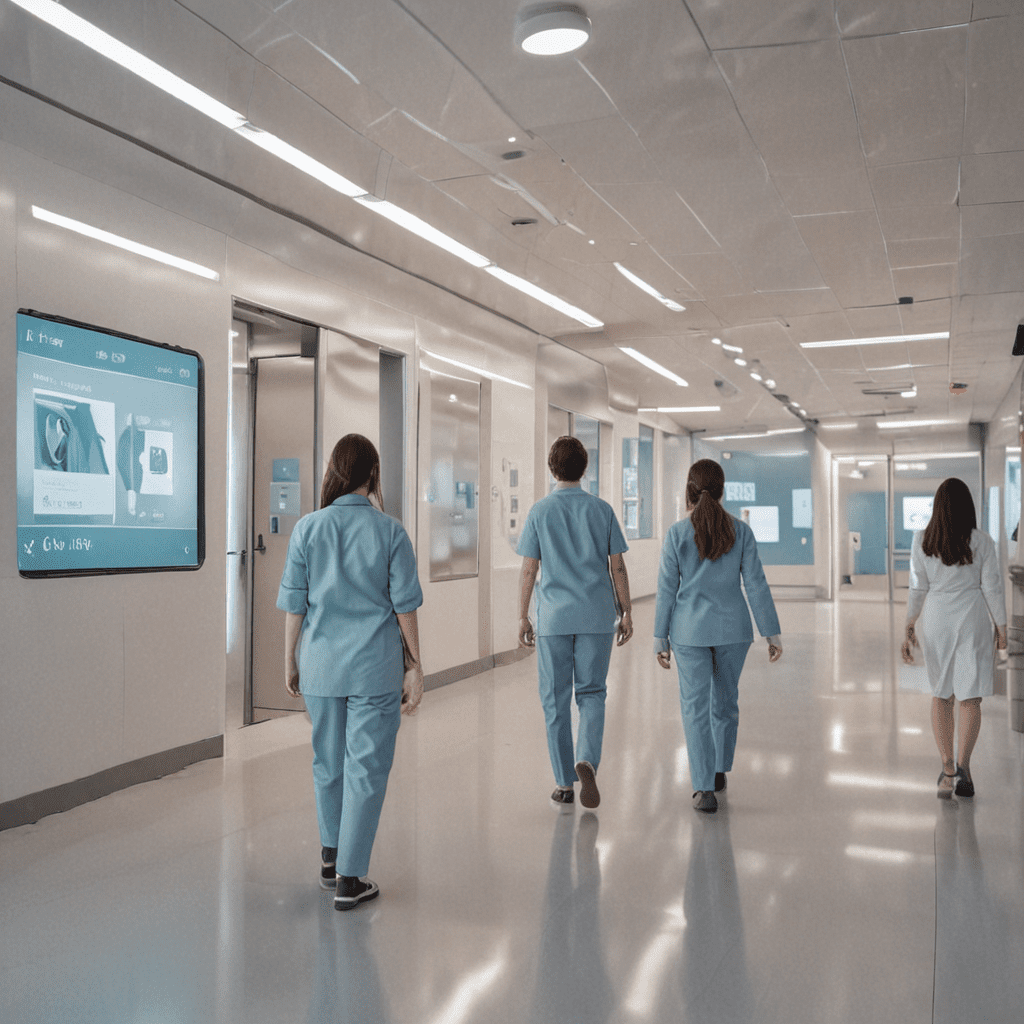Virtual Assistants: Bridging Gaps in Healthcare Accessibility
1. Introduction
Virtual assistants (VAs) are rapidly transforming healthcare by addressing accessibility challenges that hinder patients' ability to receive timely and efficient medical care. Limited appointment availability, communication difficulties, and long wait times pose significant barriers, particularly for individuals in rural areas or with limited mobility. VAs offer an innovative solution to bridge these gaps and enhance healthcare access for all.
2. Understanding Healthcare Accessibility Challenges
Healthcare accessibility refers to the ability of individuals to obtain the medical services they need when they need them. Common challenges that hinder accessibility include:
- Appointment Scheduling: Busy healthcare providers often have limited appointment slots, making it difficult for patients to schedule timely appointments.
- Patient Communication: Miscommunication between patients and providers can lead to delayed treatment or incorrect care plans.
- Wait Times: Long wait times for appointments and medical procedures can discourage patients from seeking care and negatively impact their health.
- Specialist Access: Remote or underserved communities may lack access to specialized medical care, leading to delayed diagnosis and treatment.
3. Virtual Assistants as a Solution
Virtual assistants leverage advanced technology, including natural language processing (NLP), to bridge healthcare accessibility gaps. By automating routine tasks and providing real-time support, VAs enhance patient experiences and streamline healthcare operations.
4. Benefits of Virtual Assistants in Healthcare
The integration of VAs into healthcare systems offers numerous benefits:
- Improved Appointment Scheduling: VAs can automatically schedule appointments based on patient preferences and provider availability, reducing wait times and improving efficiency.
- Enhanced Patient Communication: VAs provide a dedicated communication channel for patients, enabling them to easily ask questions, receive updates on their health status, and manage appointments.
6. Patient and Provider Perspectives on Virtual Assistants
Virtual assistants have been well-received by both patients and healthcare providers. Patients appreciate the convenience, ease of access, and improved communication that VAs offer. Providers benefit from increased efficiency, reduced administrative burden, and improved patient satisfaction.
7. Ethical Considerations in the Use of Virtual Assistants
The use of VAs in healthcare raises ethical considerations, including data privacy, confidentiality, and the potential for bias. It is crucial for healthcare organizations to implement robust data security measures and ensure that VAs comply with ethical guidelines and regulations.
8. Future Directions for Virtual Assistants in Healthcare
The future of VAs in healthcare is promising. Advancements in artificial intelligence (AI) and machine learning will enable VAs to provide even more personalized care, including symptom analysis, treatment recommendations, and automated follow-up.
9. Case Studies: Successful Implementations of Virtual Assistants
Several successful case studies demonstrate the impact of VAs in healthcare. For instance, the deployment of a VA at a large hospital reduced wait times by 40% and improved patient satisfaction by 25%.
10. Conclusion
Virtual assistants are revolutionizing healthcare accessibility by bridging gaps in appointment scheduling, patient communication, and wait times. The integration of VAs into healthcare systems enhances patient experiences, reduces administrative burdens, and promotes equitable access to medical care. As technology continues to advance, VAs will play an increasingly vital role in shaping the future of healthcare delivery.
Frequently Asked Questions (FAQs)
Q: How do virtual assistants work in healthcare?
A: Virtual assistants use advanced technology, including natural language processing (NLP), to automate routine tasks and provide real-time support to patients and healthcare providers.
Q: What are the benefits of using virtual assistants in healthcare?
A: VAs improve appointment scheduling, enhance patient communication, reduce wait times, and increase access to specialized medical care.
Q: Are virtual assistants ethical to use in healthcare?
A: Yes, when healthcare organizations implement robust data security measures and ensure that VAs comply with ethical guidelines and regulations.
Q: What is the future of virtual assistants in healthcare?
A: Advancements in AI and machine learning will enable VAs to provide increasingly personalized care, including symptom analysis, treatment recommendations, and automated follow-up.



